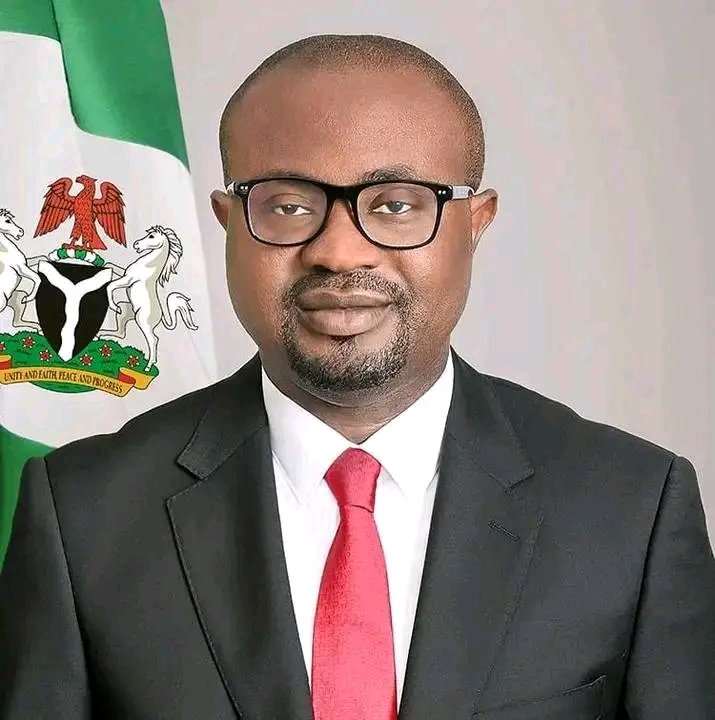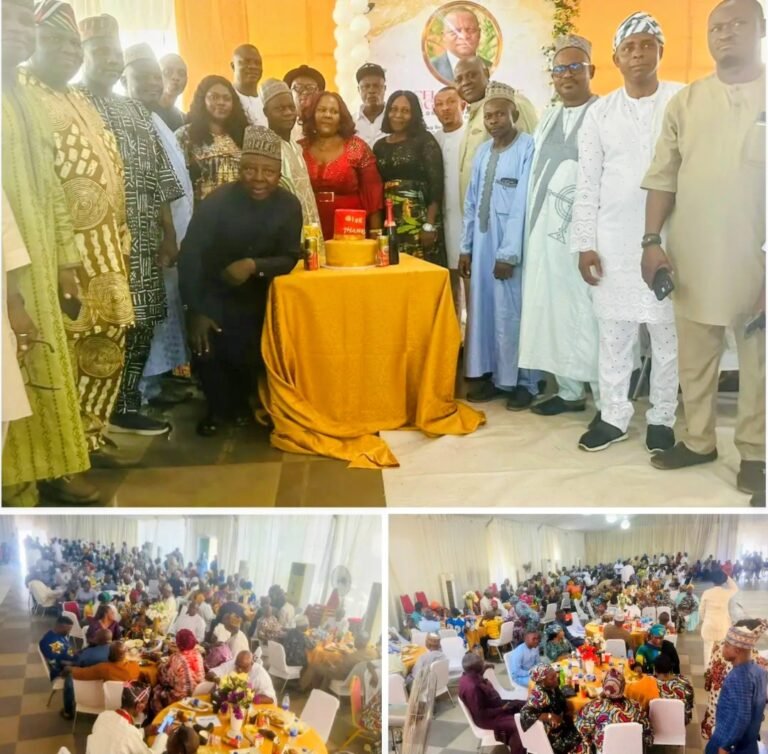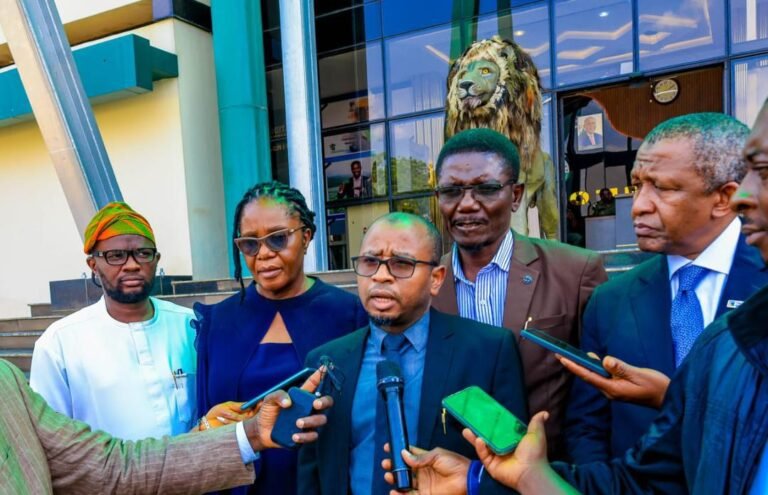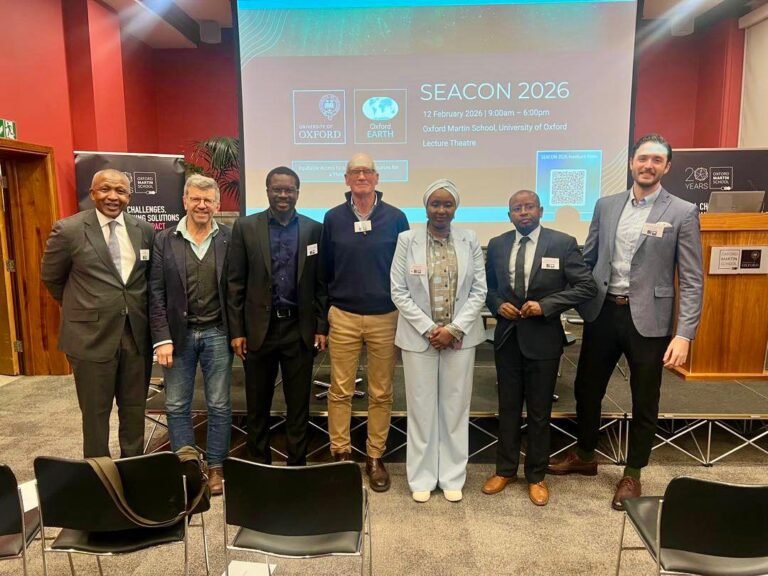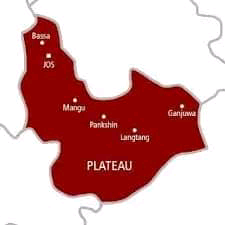

Journalists Trained on Climate Reporting, Visit Deforestation Hotspot in Kaduna
By Hussaina Yakubu
October 23, 2025
Journalists in Kaduna State have undergone a three-day intensive capacity-building programme on climate reporting, with a special focus on deforestation and its impact on the environment and rural livelihoods.
The engagement, organised by Bridge That Gap (BTG) Hope for Africa Initiative in partnership with the Partnership for Agile Governance and Climate Engagement (PACE) a UK funded programme was part of ongoing efforts to strengthen journalism and advocacy for climate resilience in Nigeria.
Themed “Strengthening Journalism and Reporting on Climate Related Issues: Focus on Deforestation,” the training sought to build the skills of journalists in investigating, reporting, and amplifying stories that highlight the challenges and solutions surrounding deforestation, environmental degradation, and climate change.
Speaking during the engagement, the Executive Director of BTG Hope for Africa Initiative, Gloria Kasang Bulus, said the programme was designed to empower journalists as critical partners in advancing climate action and sustainable development.
Bulus explained that her organisation focuses on Sustainable Development Goal (SDG) 13 Climate Action and believes that journalists play a pivotal role in shaping public awareness and influencing policy on environmental issues.
“For us to achieve the SDGs by 2030, all hands must be on deck. Journalists help amplify our voices and advocate for environmental justice,” she said.
“This training is aimed at strengthening their capacity to tell the stories that matter those that impact our planet, communities, and future generations.”
Bulus added that BTG, through the PACE Programme, is also implementing complementary initiatives such as radio advocacy on local stations, women empowerment projects, and community sensitization on climate governance.
She noted that the engagement was not just about training journalists but also building a network of climate conscious communicators who would drive advocacy and accountability across Kaduna and beyond.
As part of the engagement, participants visited Idon community in Kajuru Local Government Area of Kaduna State a known hotspot for deforestation and charcoal production to witness first-hand the environmental challenges facing rural communities.
During the field visit, Mr. Godwin Michael, Assistant Director of Forest Resources at the Kaduna State Ministry of Environment, briefed the journalists on government efforts to combat deforestation and illegal logging.
He explained that Kaduna State declared a state of emergency in forestry in 2015 to halt widespread forest exploitation, while also initiating the Keep Kaduna Green project, through which over four million tree seedlings were planted between 2016 and 2019.
Michael, however, lamented that insecurity had hampered monitoring efforts, allowing illegal tree felling and charcoal production to increase in recent years.
“Our staff face mobility and safety challenges. Many of these illegal activities occur at night when our rangers cannot patrol,” he said.
Also speaking, Inuwa Abubakar, Chief Ranger of Kajuru Division, called for improved government support, including mobility and security equipment for forest rangers. “We lack vehicles and arms to access and protect the forests effectively. We appeal for government intervention,” he said.
The Divisional Forest Officer, Mr. Zakaria Naye, said his team had been working to restore degraded landscapes through tree planting and awareness campaigns. “We have planted various tree species within the local government, but insecurity remains a big challenge,” he noted.
Community leaders in Idon expressed concern over the growing deforestation trend. Mr. Monday Linus, National President of the Idon Development Union, said charcoal production had become an easy source of income for many youths but had severe environmental consequences.
“We are aware of the harm being done to our forests. Most of the charcoal you see here is brought from neighbouring communities, but we are taking steps to sensitize our people and discourage this practice,” Linus said.
He added that the community was encouraging young people to engage in farming as an alternative livelihood.
The District Head of Idon Hanya, Mr. Sunday Peter, appreciated the visit, describing it as timely and impactful.
He assured the delegation of the community’s cooperation in addressing the challenges of deforestation and climate change.
The three-day workshop concluded with a call for collective action involving government agencies, the media, civil society, and local communities to combat deforestation, promote tree planting, and strengthen resilience against the impacts of climate change.
(NAN)


